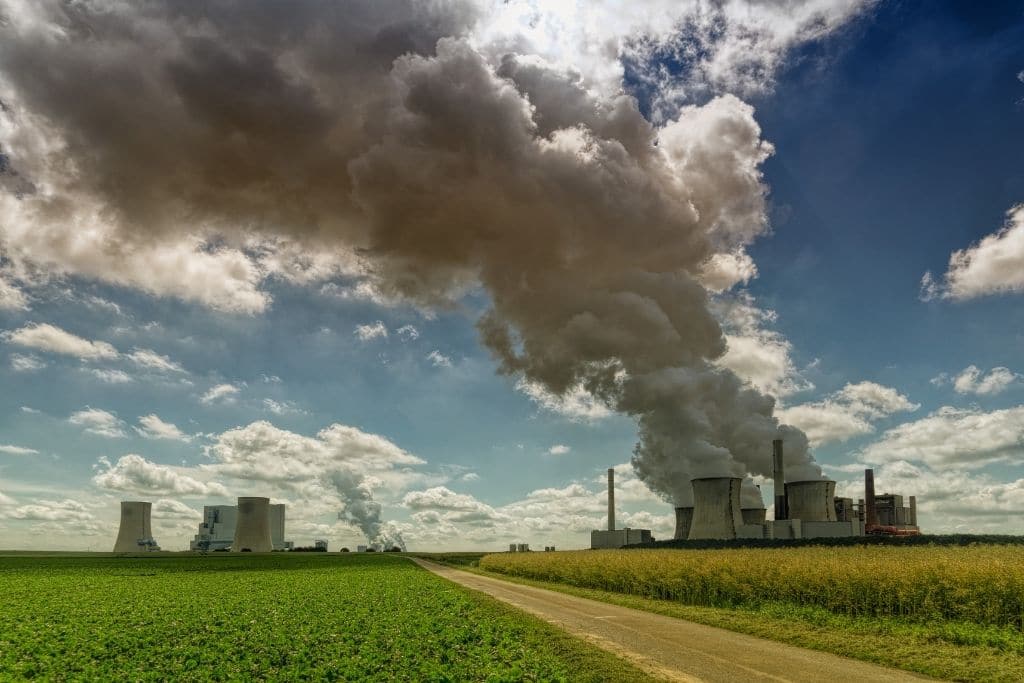New research warns that humanity is funding its own extinction as nearly 2% of the global GDP goes towards industries doing the most environmental pollution.
—
Governments worldwide are spending at least USD$1.8 trillion a year on subsidies to support heavy polluting industries including coal, oil, gas, and agriculture, driving further environmental pollution and degradation, as well as biodiversity loss, according to a new independent research.
In a first cross-sector assessment for more than a decade, independent researchers Doug Koplow and Ronald Steenblik, who are both leading experts on subsidies, have found that about 2% of the global gross domestic product (GDP) was spent every year on encouraging and supporting unsustainable production and consumption.
The biggest beneficiary of government handouts by far was the fossil fuel industry, which received $640 billion a year, while the agricultural and forestry sectors were given $520 billion and $155 billion, respectively. The duo were unable to provide an estimate for the mining industry, but it is believed that the sector causes billions of dollars worth of damage to natural ecosystems. They also note that these estimates are likely on the conservative side as the existence and size of governmental subsidies were not always reported.
The two researchers concluded that the world is essentially financing its own extinction as governments continue to pay industries driving environmental pollution, depleting natural resources, contributing towards biodiversity loss with harmful activities such as water pollution and deforestation, and working against the goals set out in the Paris Agreement – to limit global temperature rise to 1.5-2 degree Celsius above pre-industrial levels.
You might also like: The Cost of Subsidising Fossil Fuels
Separate data published the International Energy Agency showed Iran, China and India gave out the most in fossil fuel consumption subsidies in 2019, at $87.9bn, $34bn and $33bn, respectively. In 2021, the UN also found that nearly 90% of global farming subsidies are contributing significant amounts of greenhouse gas emissions, directly harming public health, fuelling the climate crisis, as well as hurting smallholder farmers.
Combined with the latest damning research, they undermine the pledge made by nearly 200 countries at the COP26 climate summit agreeing to “phase down” coal by phasing out “inefficient fossil fuel subsidies”. But the UN conference failed to put down a concrete timeline to do so.
Authors of the report say a majority of the current $1.8 trillion fossil fuel and agricultural subsidies could be repurposed to support the global net zero strategy, amid growing costs in renewable energy due to travel restrictions and global supply chain issues caused by the pandemic.
The report also calls for governments to agree on a target to eradicate environmentally harmful subsidies by the end of the decade at the biodiversity Cop15 conference in China later this year, pushing for companies to disclose the subsidies that they receive. Since they were established in 2011, no country in the world has successfully met the Aichi Biodiversity Targets, which sets out specific goals in addressing biodiversity loss.
Christiana Figueres, who was head of the UN climate change convention when the Paris agreement was signed, agrees with the report findings and its recommendations.
“Nature is declining at an alarming rate, and we have never lived on a planet with so little biodiversity,” said Figueres. “Harmful subsidies must be redirected towards protecting the climate and nature, rather than financing our own extinction.”
You might also like: The Cost of Subsidising Agriculture


















